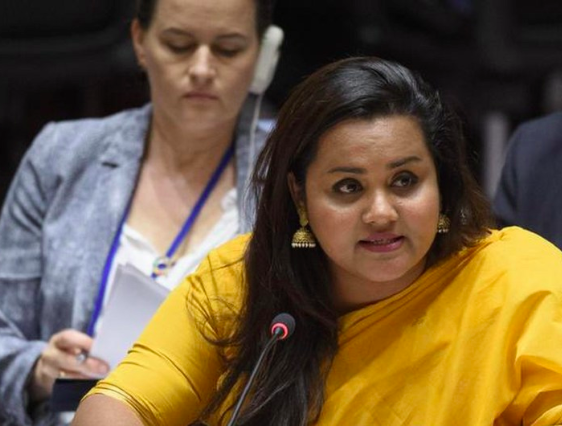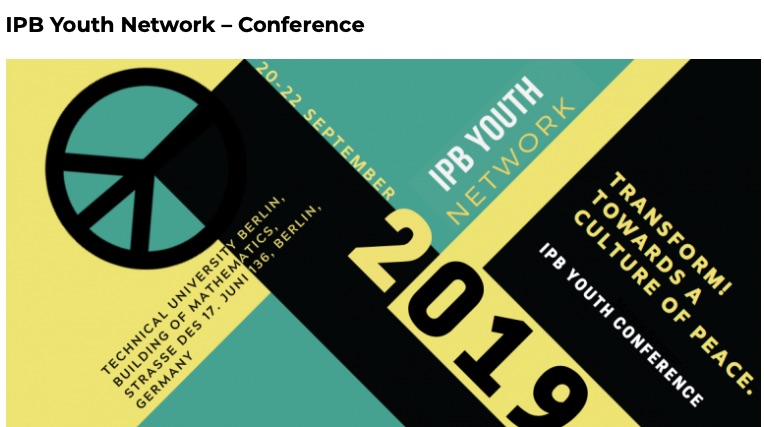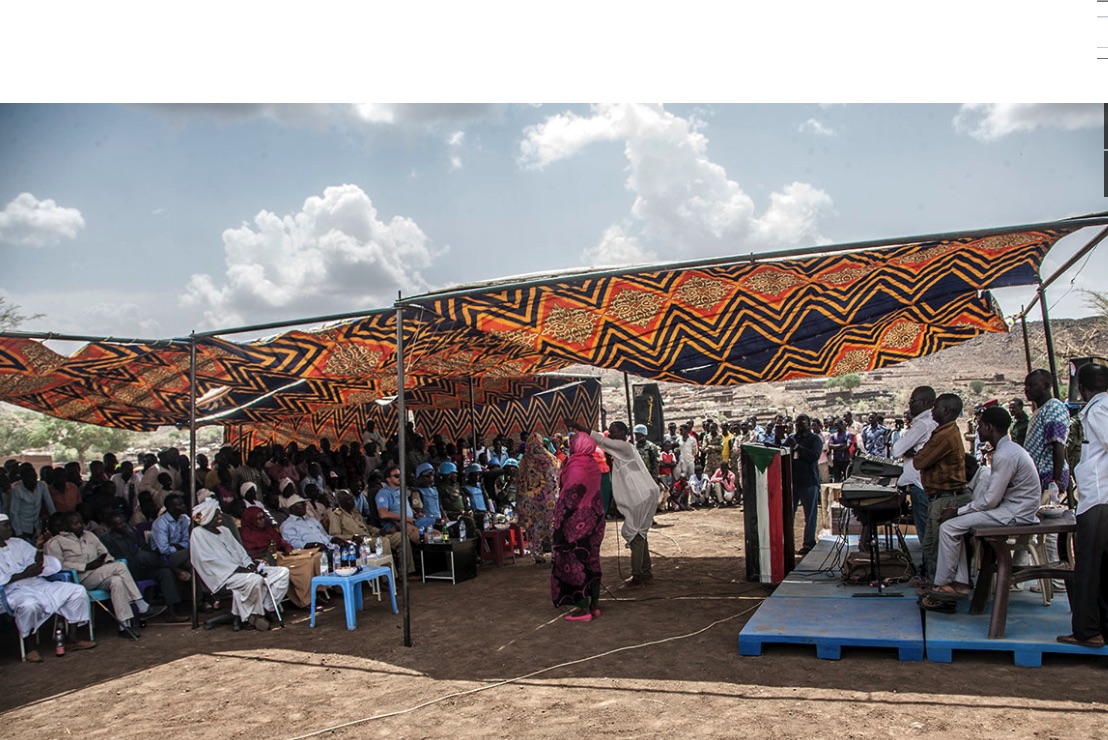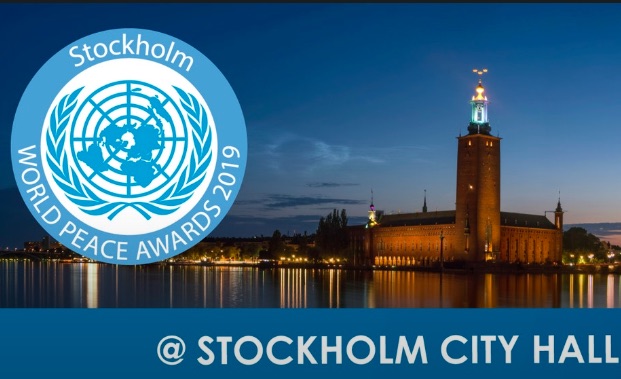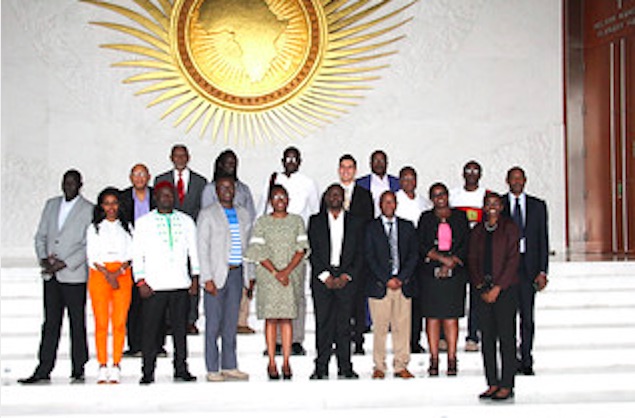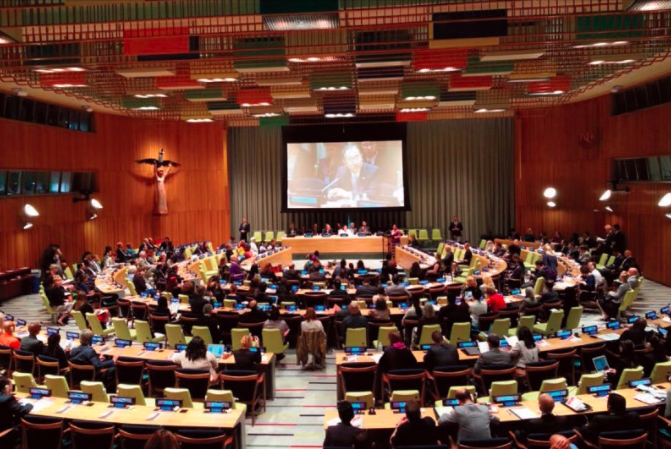FREE FLOW OF INFORMATION
An article in the Jornal de Angola (translation by CPNN)
In recognition of Nelson Mandela’s contribution to the culture of peace and freedom of peoples, the executive secretary of the Southern African Development Community (SADC), Stergomena L. Tax rendered homage to Nelson Mandela “Madiba” for his realization of peace, freedom and social justice in South Africa and in the consolidation of democracy on the continent and in the world.

Mandela was remembered yesterday, Photography: DR
Stargomena Tax said that Nelson Mandela represents the symbol of democracy and freedom not only for the people of South Africa, but also the southern region of the continent and the world. “After 10 years, the world continues to reaffirm its commitment to honor and honor the man who has done everything for the liberation of his people and for peace in the world,” the statement said.
July 18 marks the date of Nelson Mandela’s birth and was established as the Day of the South African leader in December 2009 by the United Nations General Assembly.
It is celebrated every year around the world as Mandela Day.
The SADC executive secretary reaffirmed in the communiqué the commitment of Africans to honor Mandela’s achievements as a legacy for the preservation of peace, the consolidation of democracy and the sustainable development of member countries.
For his achievements, Mandela received the Nobel Peace Prize in 1993.
Under the leadership of Mandela the South African Government focused on the dismantling of apartheid, combating institutionalized racism, poverty, inequality and promoting racial reconciliation.
(Article continued in the column on the right)
Where in the world can we find good leadership today?
What is the legacy of Nelson Mandela for us today?
(Article continued from the column on the left)
Homage in New York
“With hate speech casting a growing shadow around the world, Nelson Mandela’s calls for social cohesion and an end to racism are particularly relevant today,” UN Secretary-General António Guterres said yesterday. “Nelson Mandela was such an extraordinary global defender of dignity and equality that anyone in the public service should emulate,” Guterres said.
As “one of the most emblematic and inspiring leaders of our time, Nelson Mandela was an example of courage, compassion and commitment to freedom, peace and social justice.”
“He lived by these principles and was prepared to sacrifice his freedom and even life for them,” Guterres said. “As we work collectively for peace, stability, sustainable development, and human rights for all, it would be well to remember the example given to us by Nelson Mandela. Our best tribute is actions,” he added.
The statement recognized the period from 2019 to 2028 as the Nelson Mandela Decade of Peace. Mandela or Madiba, as he is affectionately known to South Africans is remembered for his humility and compassion, while acknowledging his contribution to the struggle for democracy and the promotion of a culture of peace.
“Over the course of 67 years, Mandela has dedicated his life to the service of humanity as a human rights lawyer and international mediator for peace and social justice,” he said. In allusion to all the time of his work, Nelson Mandela International Day suggests that each person spend 67 minutes helping others.
Nelson Rolihlahla Mandela was born on July 18, 1918, and died on December 5, 2013, and was the first black man to serve as President of South Africa from 1994 to 1999, elected in a multiracial and fully representative Free South Africa. Although initially committed to nonviolent protest in 1961, Mandela led a campaign against government targets. In 1962 he was arrested, tried and convicted for conspiracy against the Government and sentenced to life imprisonment. Nelson Mandela spent 27 years in prison.
As President, he established a new Constitution and established a Truth and Reconciliation Commission to investigate human rights violations in the country.
Mandela received more than 250 awards from around the world in recognition of his commitment to others.
Several public activities were carried out by United Nations officials and delegates in an initiative organized by the New York authorities.

